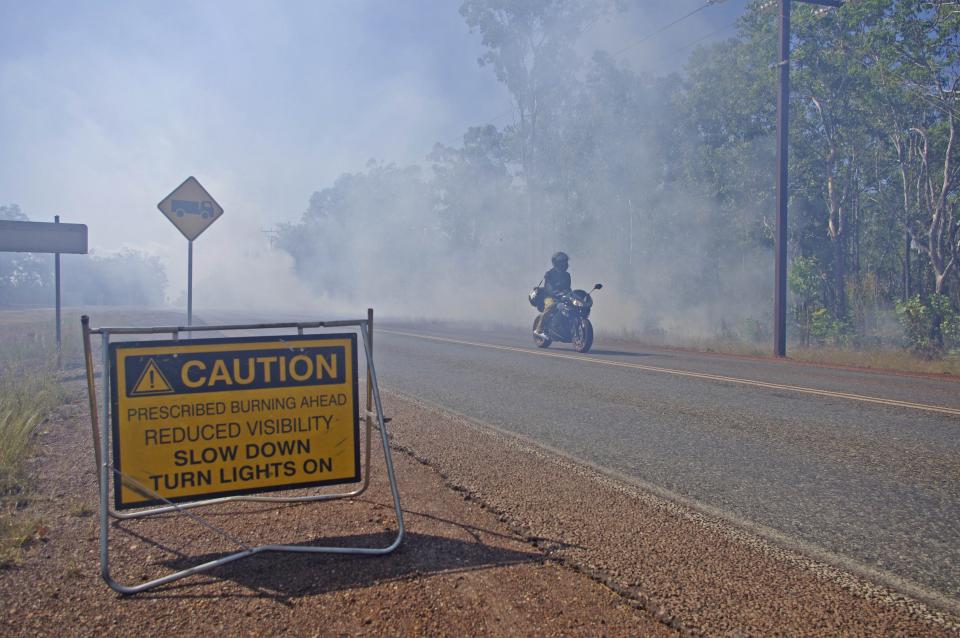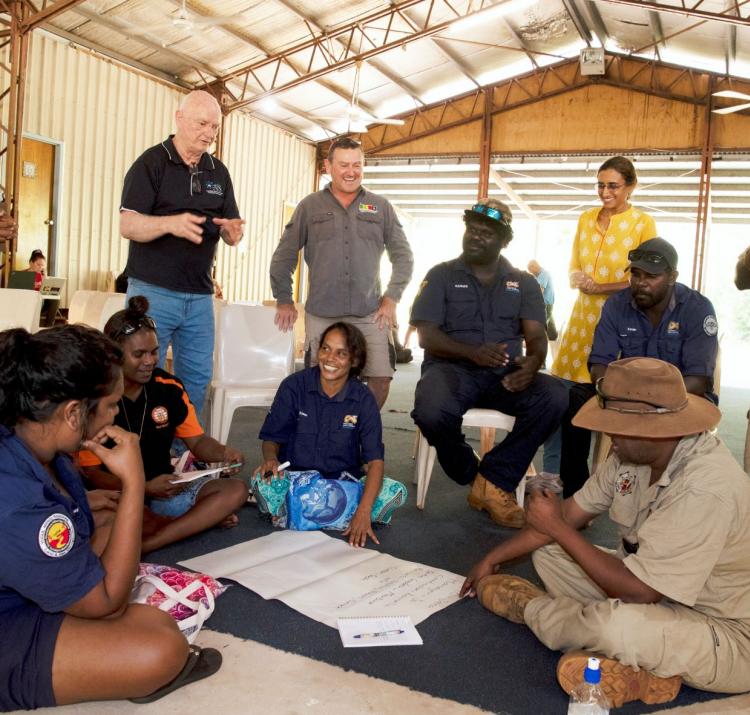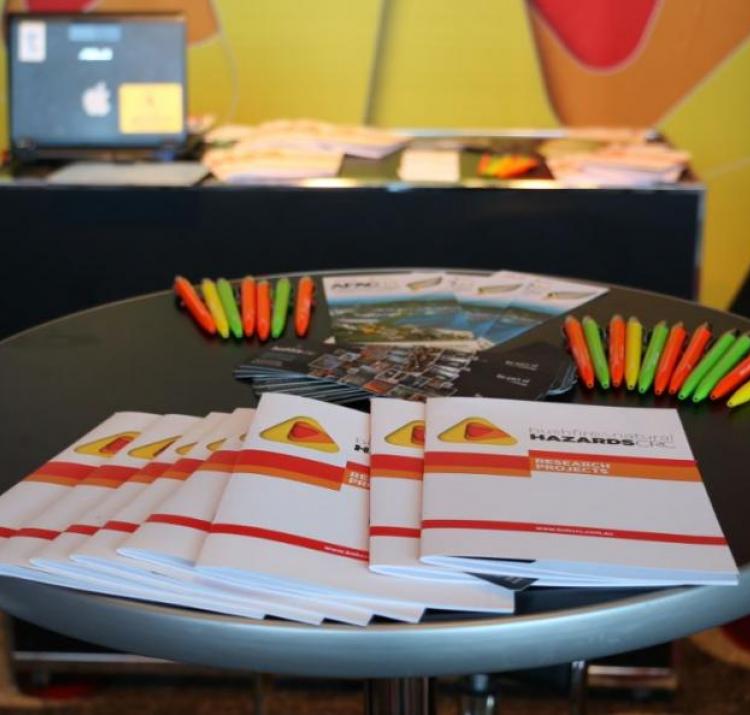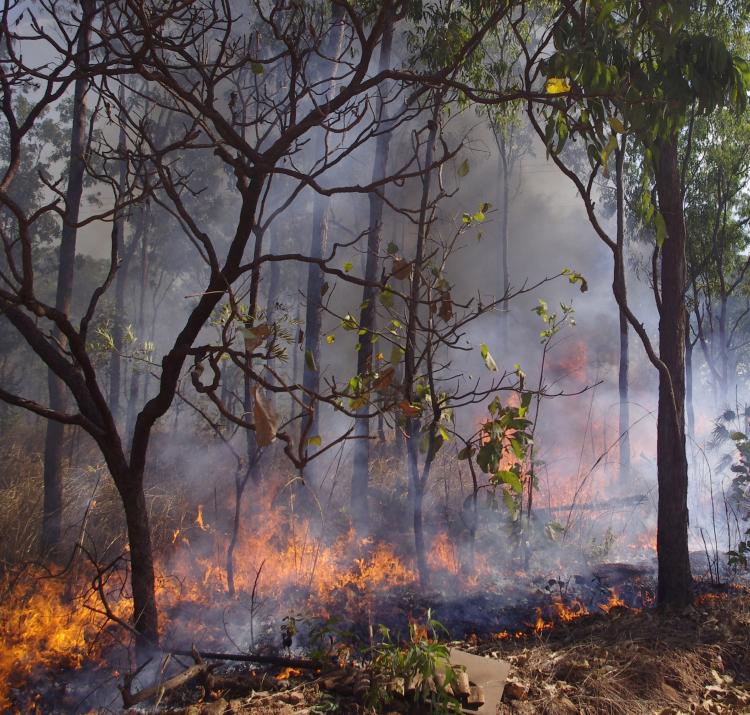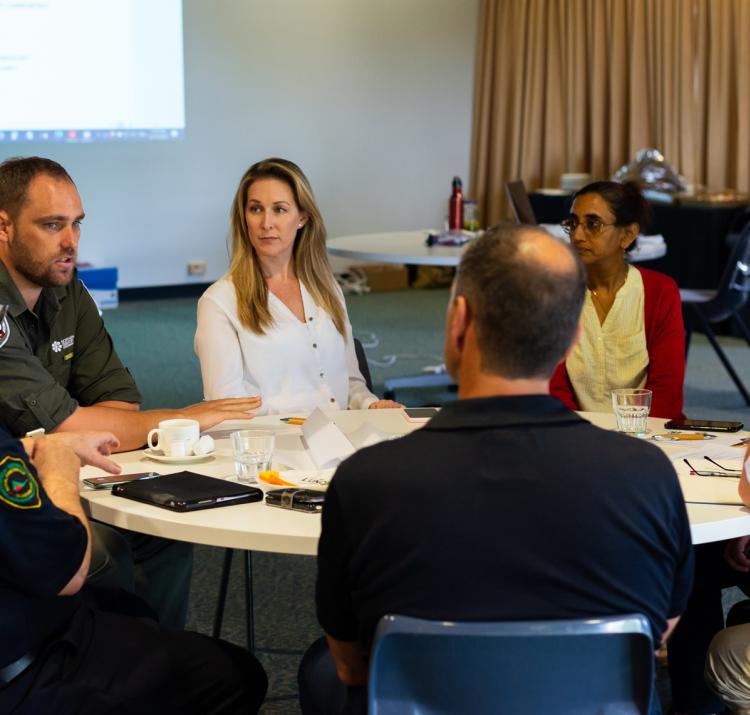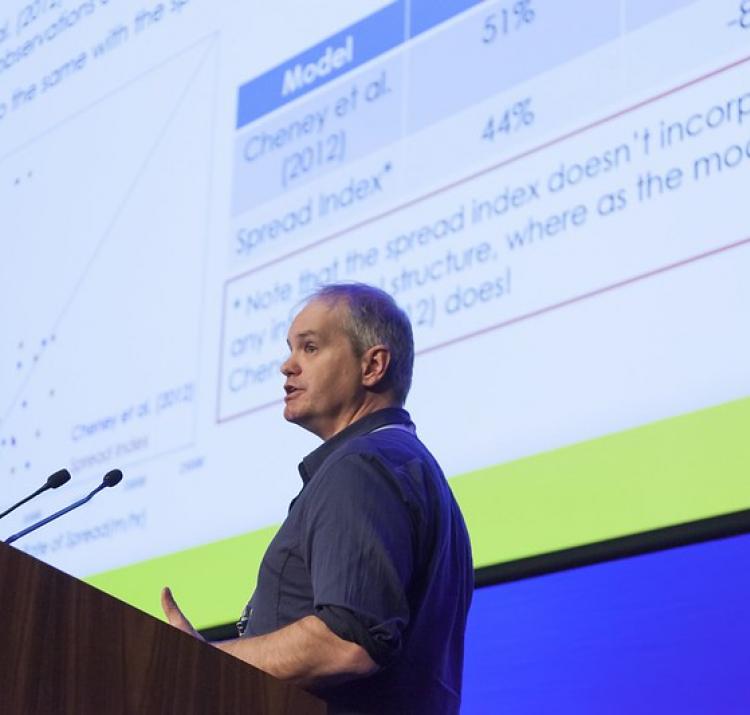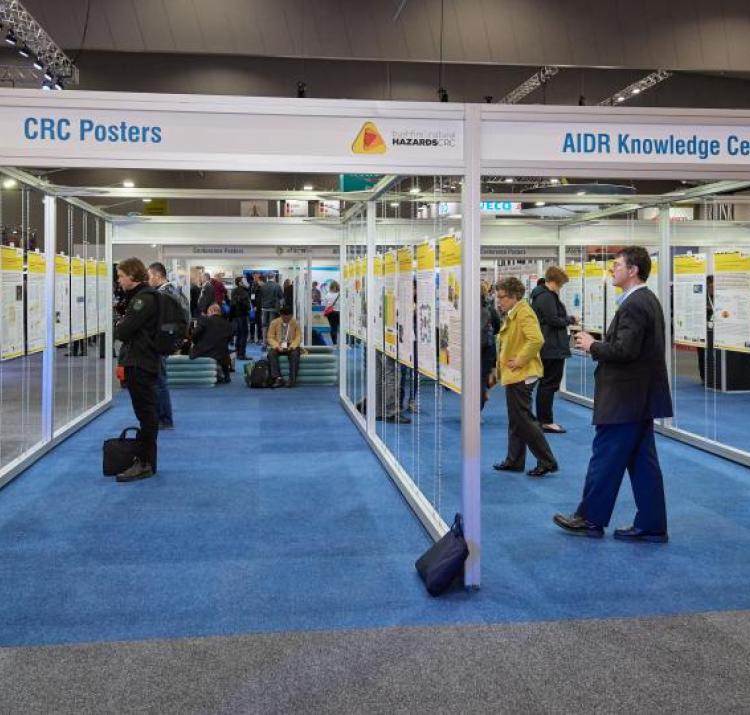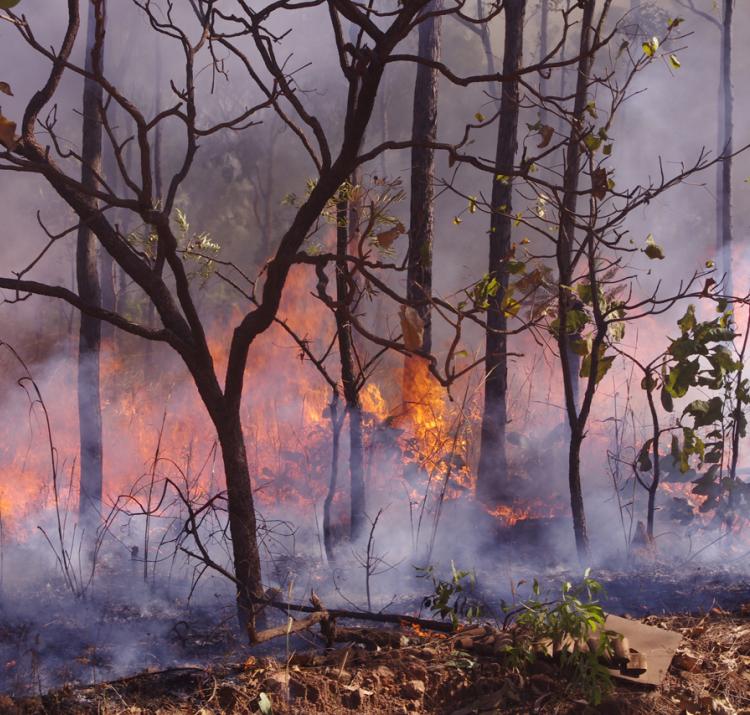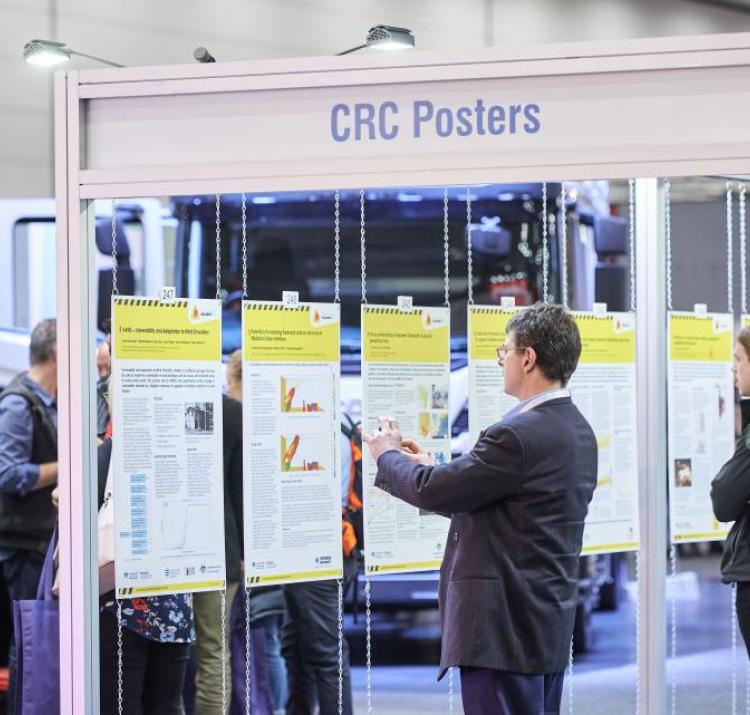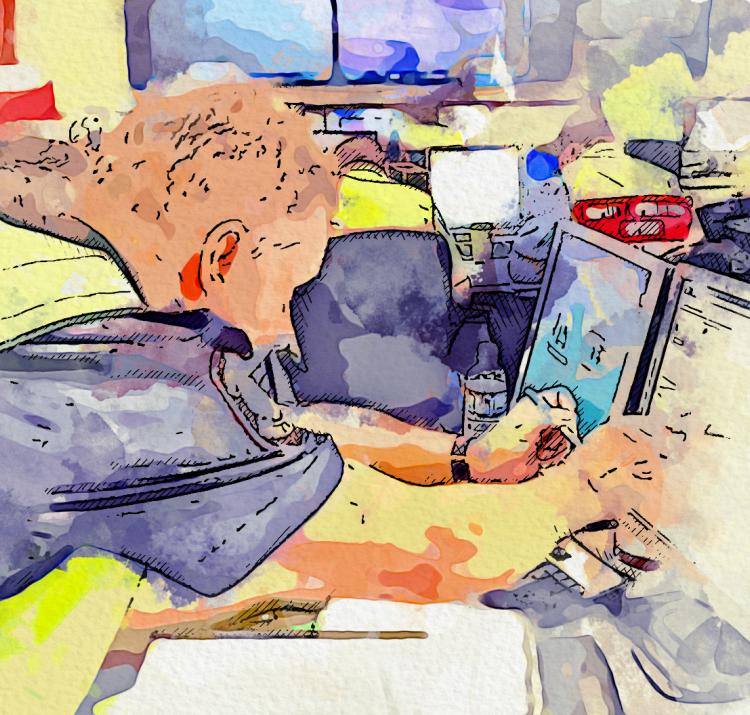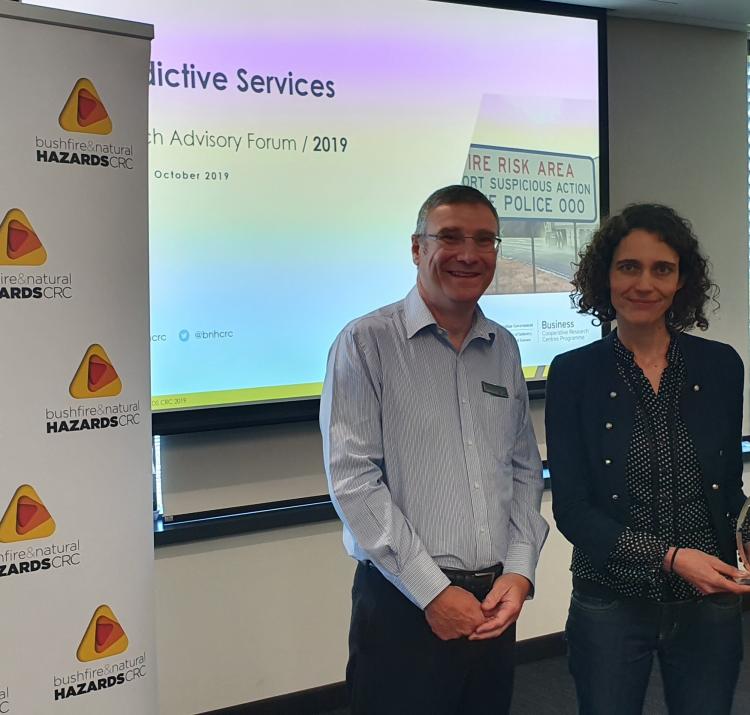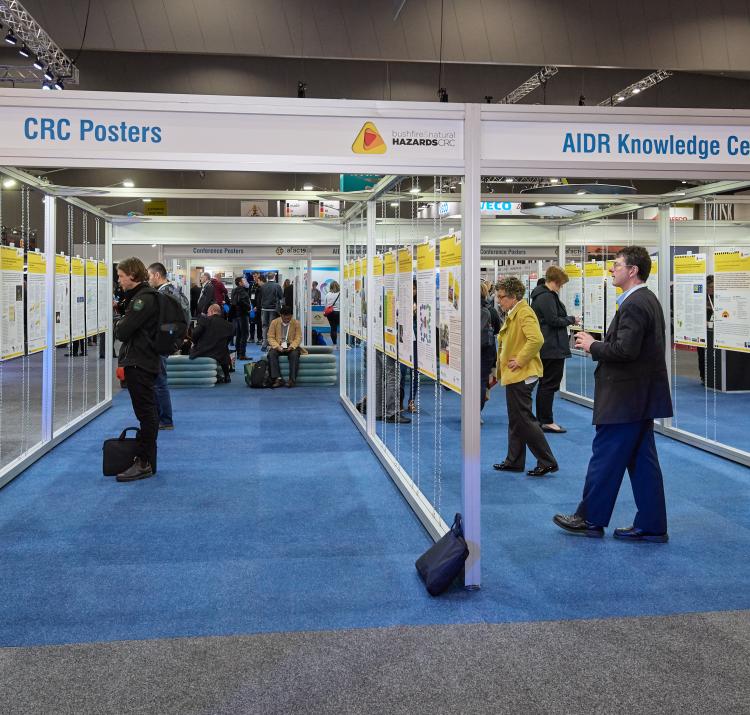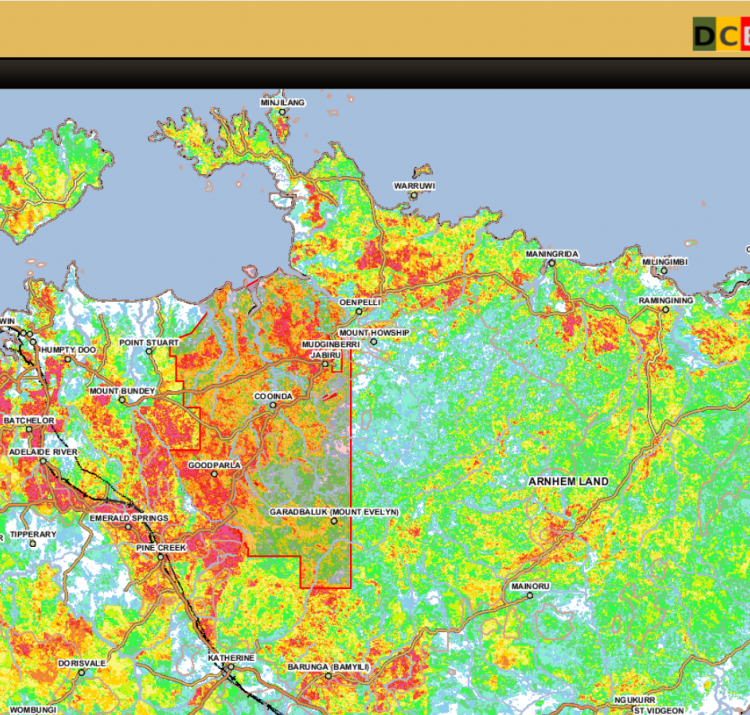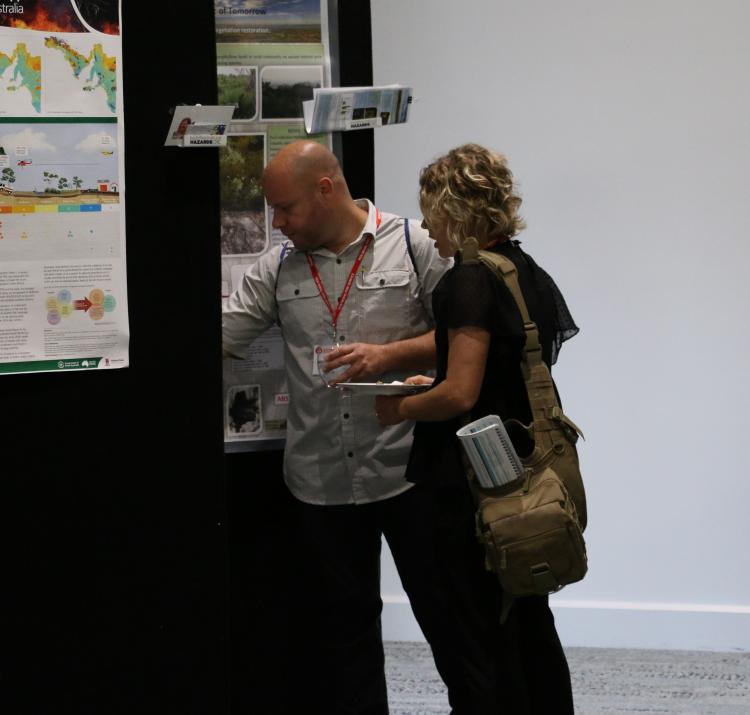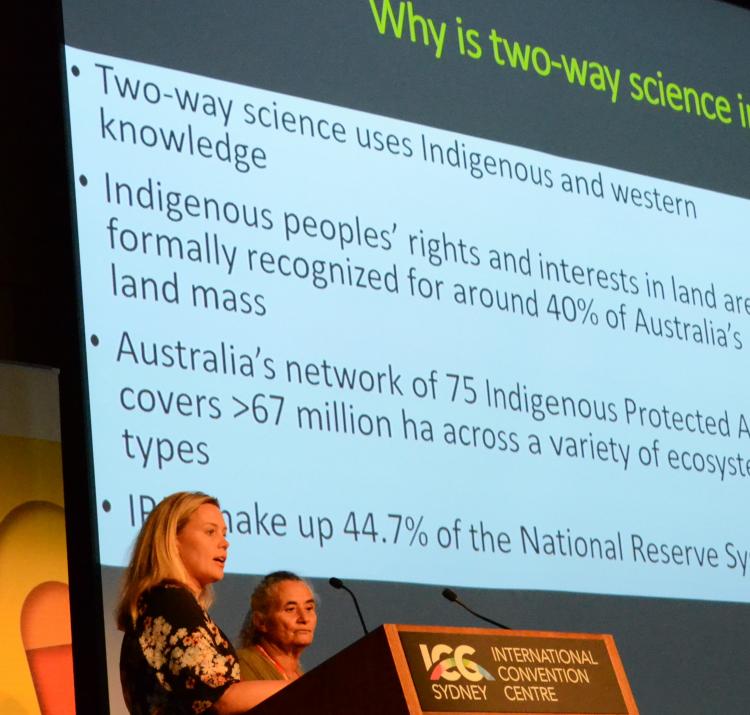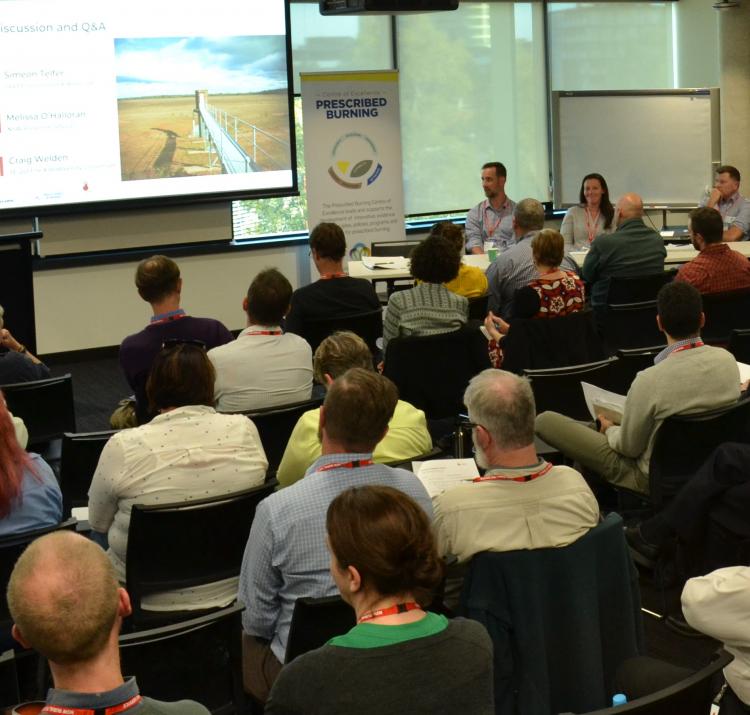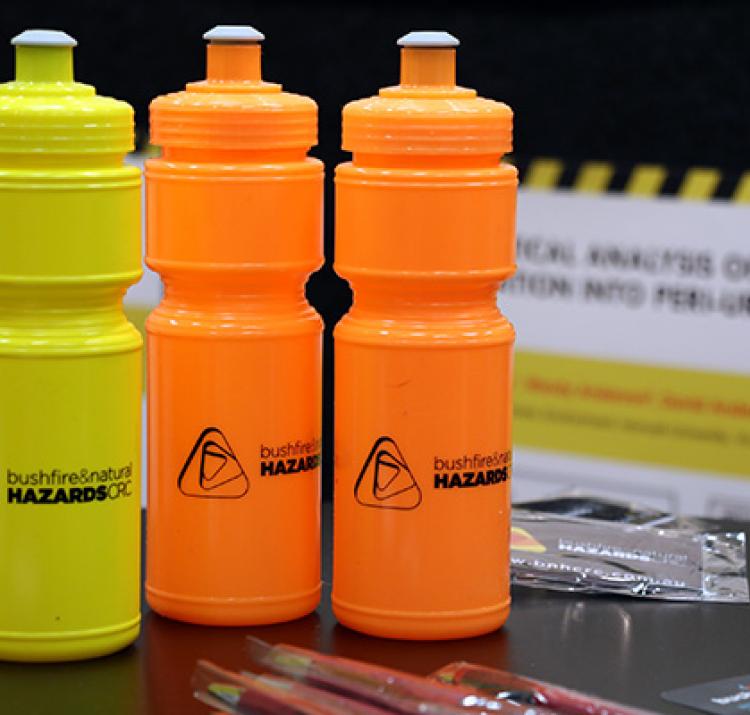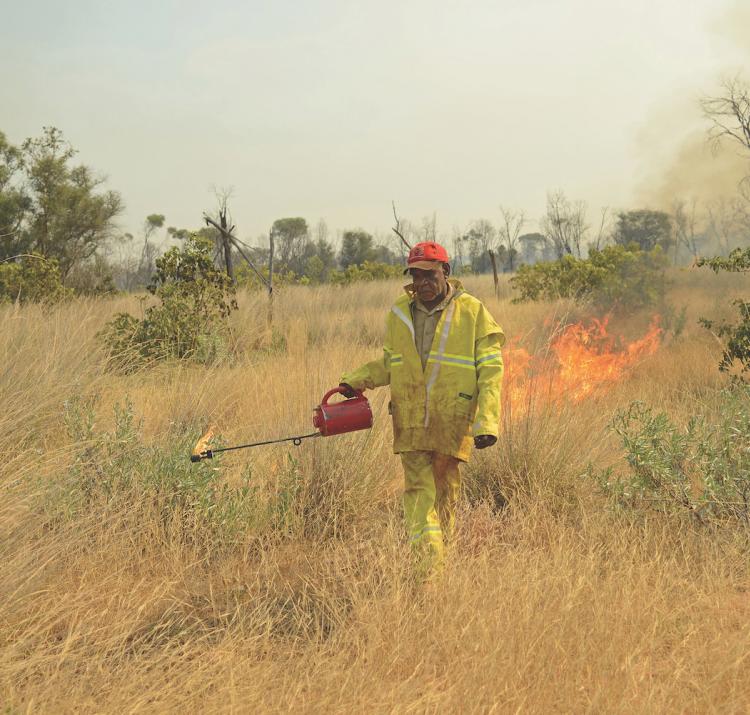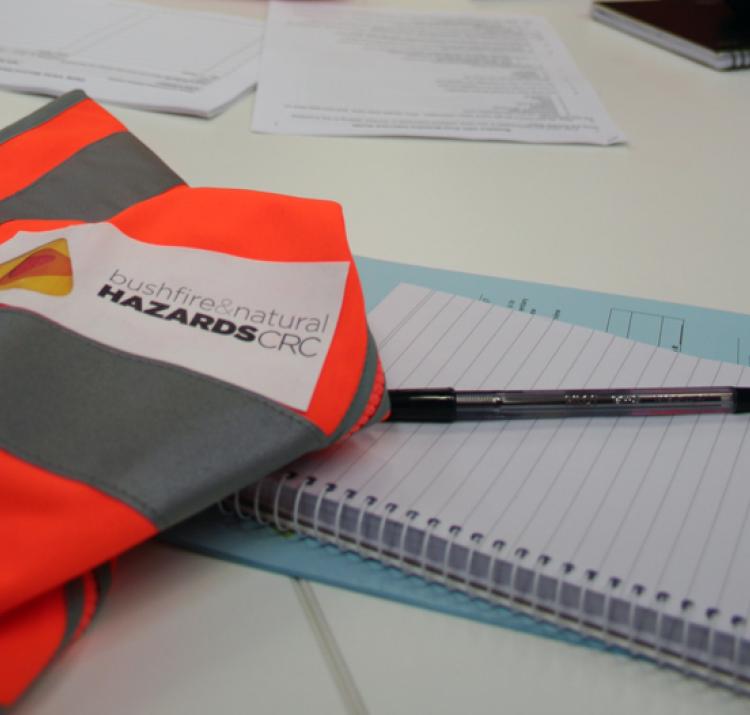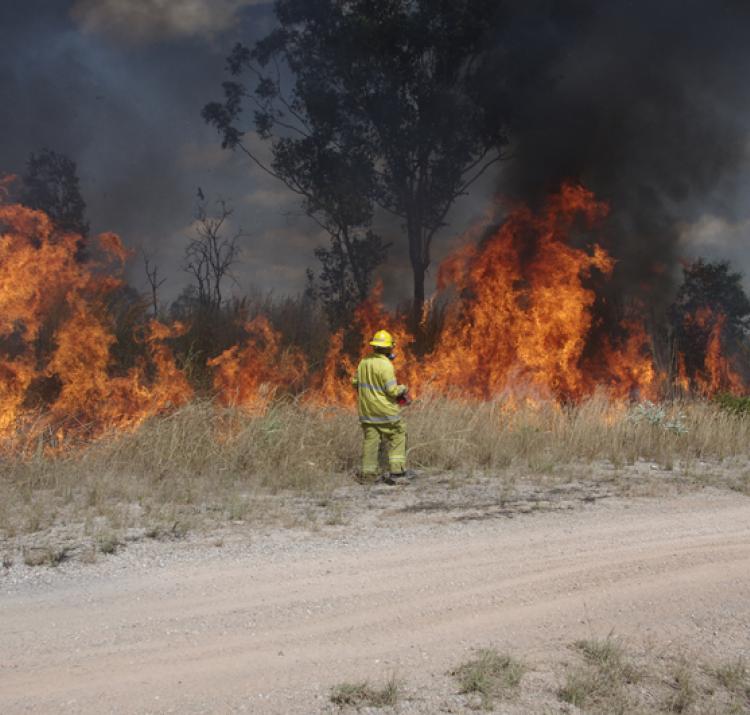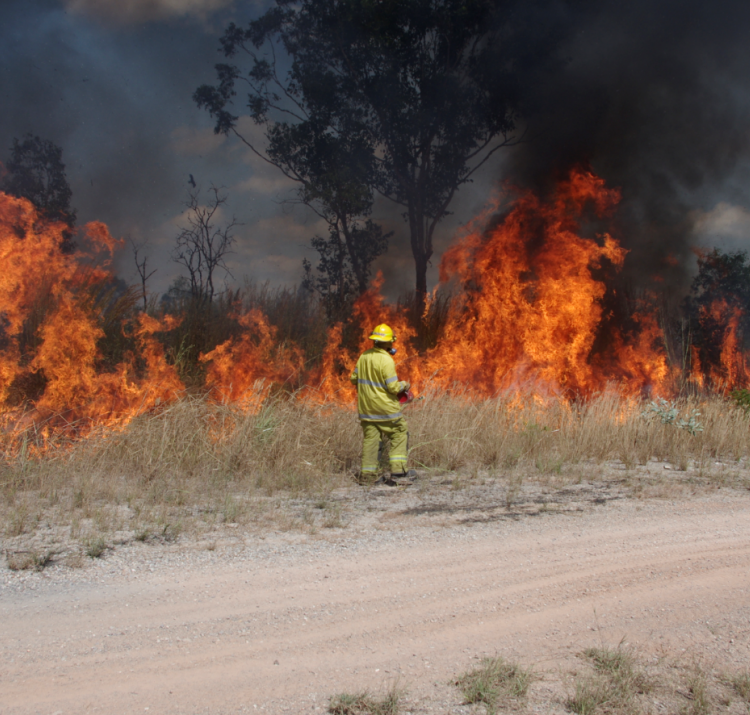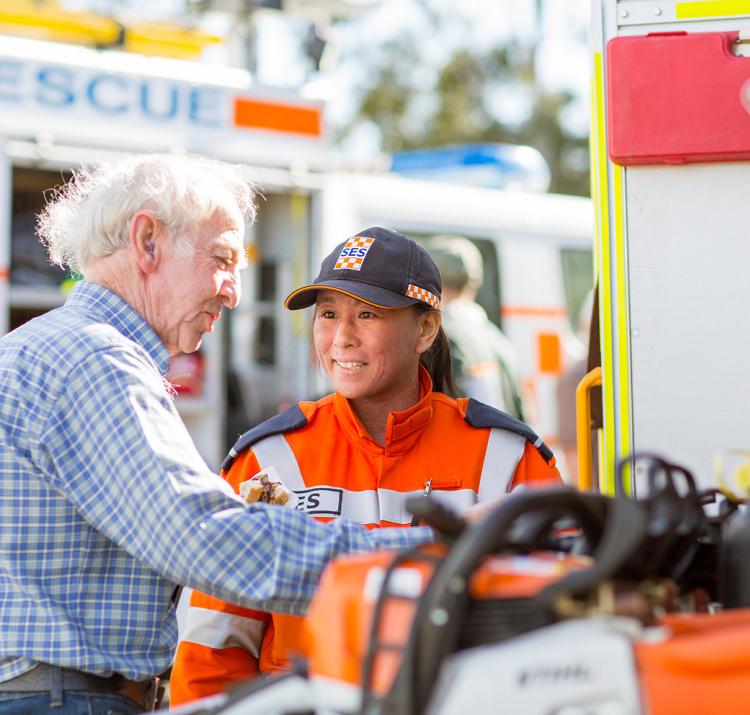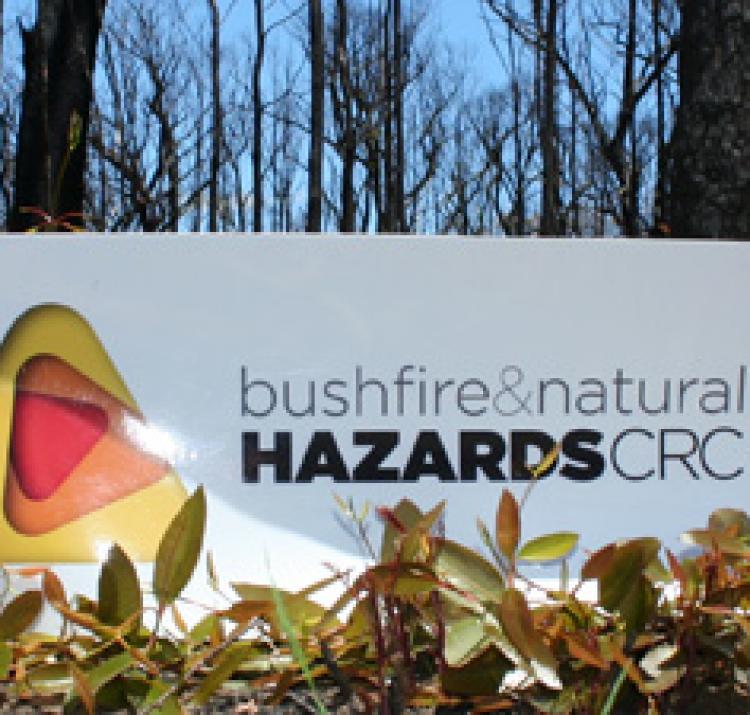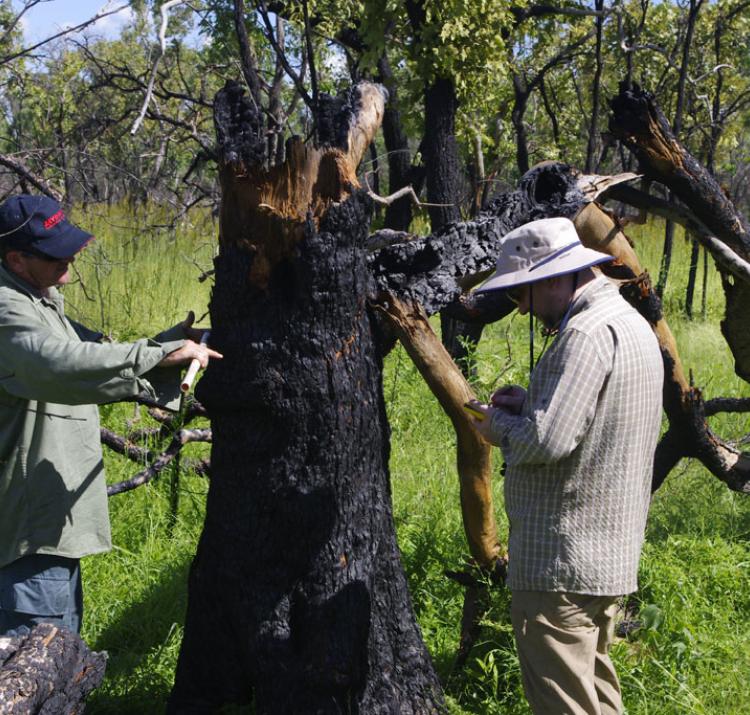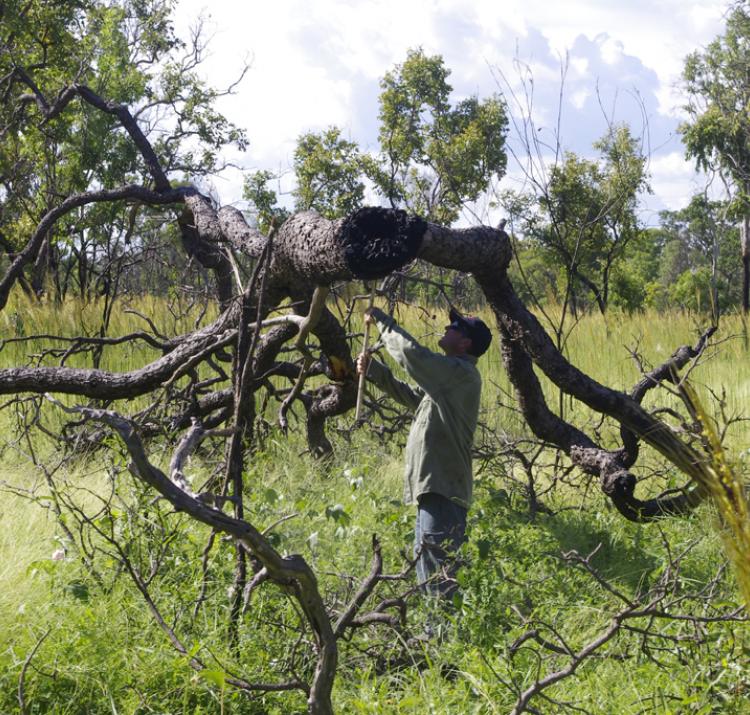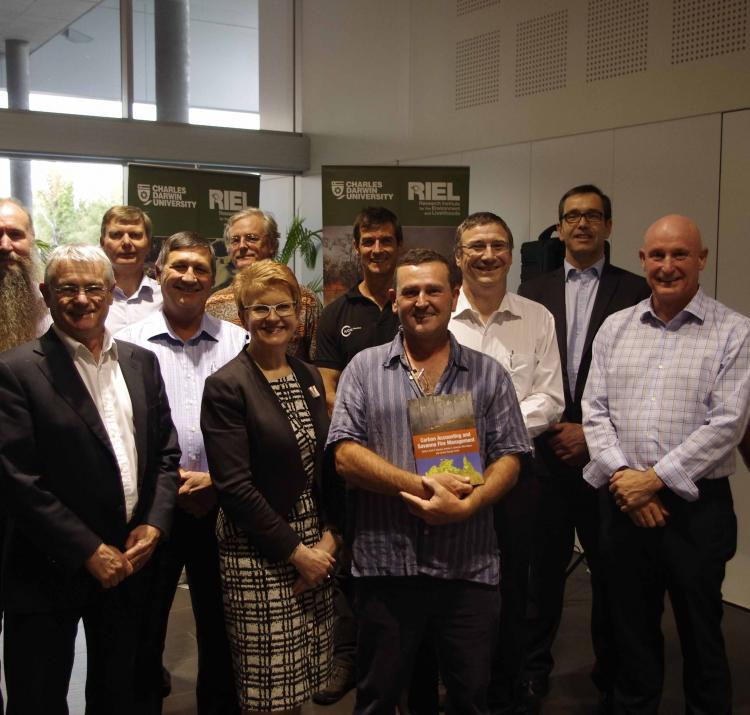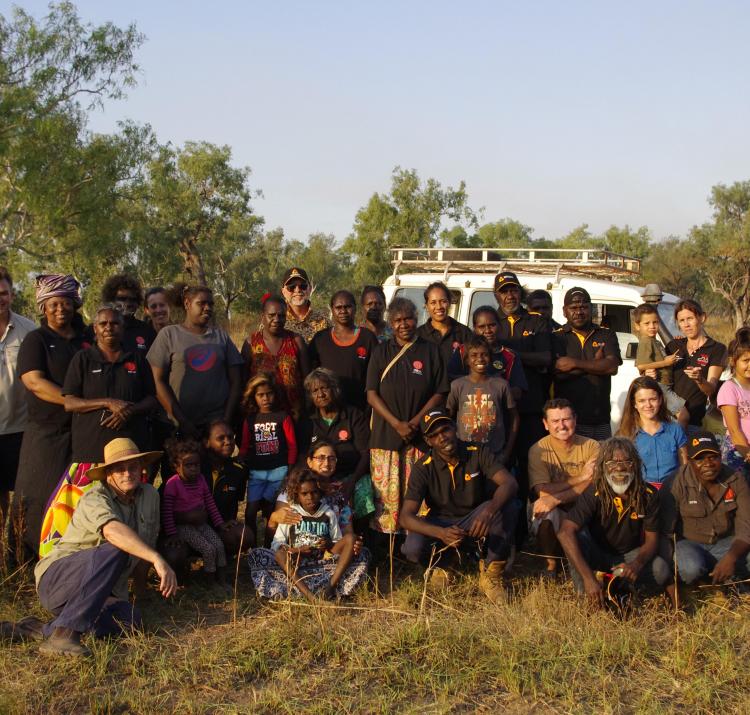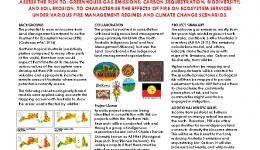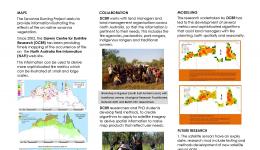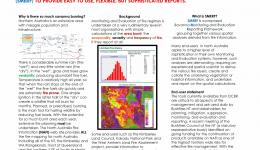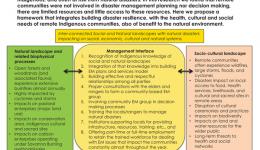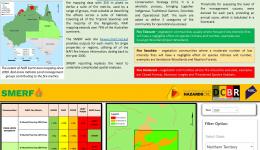Research leader
Research team
This research has developed a suite of case studies. In each case, interviews/workshops have been conducted with members of the, now, wide-spread Indigenous Ranger Groups (IRGs) to ascertain the aspirations, willingness and capacity of the Indigenous Rangers to engage in emergency management activities. The main identified issues across the selected remote communities include little engagement of locals, if any, in managing emergency situations around the community, inappropriate placement of emergency management plans in police stations, lack of resources and services in remote communities, broader recognition of IRGs capacity to deliver emergency management services, and willingness of IRGs to participate in EM services.
This research continues the service delivery program of land management, monitoring and evaluation tools to assist fire managers in remote north Australia. To develop “Improved Fire Management Regimes”, the research team provides information with respect to the spatial distribution, and effects of fires on tropical savanna and rangeland habitats through the Savanna Monitoring & Evaluation Reporting Framework (SMERF). In particular, they include the development of a fire severity map product, not only to inform land management, but to improve Savanna Burning greenhouse gas emissions calculations.
This project addresses ongoing priorities identified by partner agencies and community stakeholders requiring further action-based research and implementation, especially addressing:
- Understanding the full “costs and benefits” of engaging with IRGs in delivery of effective emergency management in remote community settings
- Full accounting of the costs of natural hazards and disasters in northern Australia
- Ongoing development of tools to assist savanna fire managers, for example: fire behavior models, improved fire mapping resolution, curing mapping.

